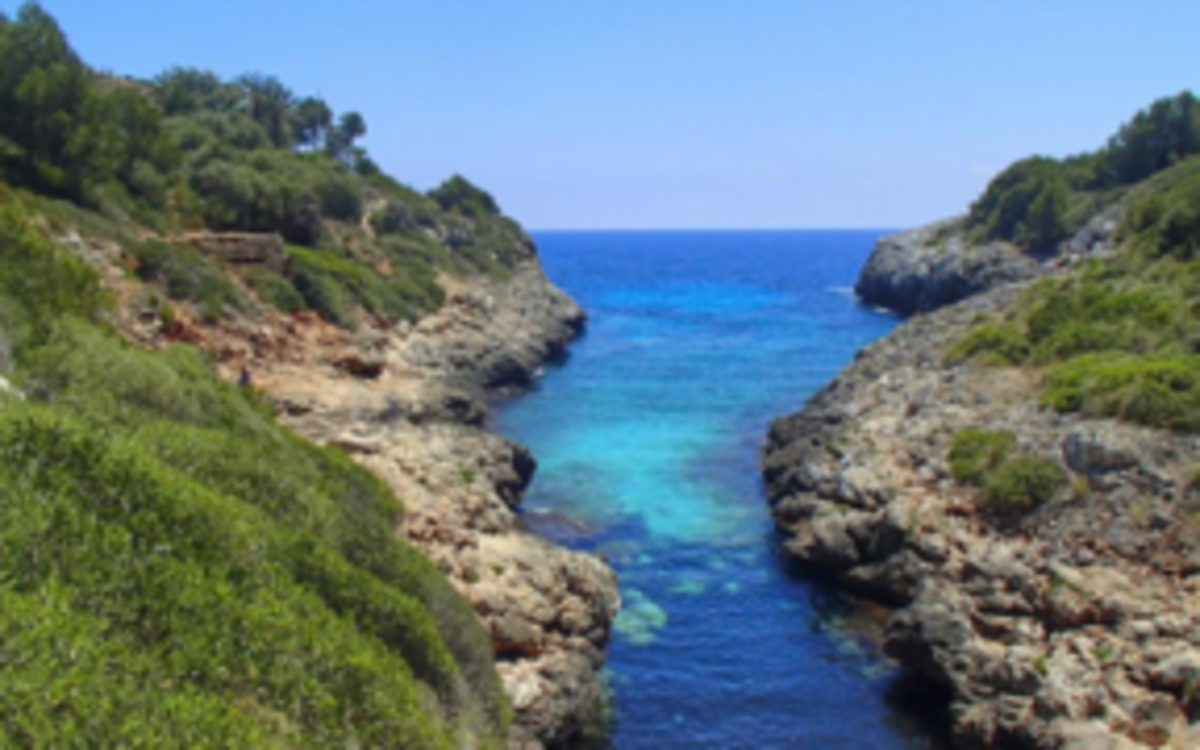The paper analyses the effects of future changes on freshwater inputs into the Mediterranean Sea in the context of different climate change scenarios.
For each river district flowing into the Mediterranean Sea, freshwater flow scenarios were created based on the precipitation changes associated with two Representative Concentration Pathways (based on certain socio-economic assumptions), RCP4.5 (where greenhouse gas emissions peak around 2040, then decline) and RCP8.5 (emissions continue to rise throughout the 21st century). The changes in the hydrological (temperature and salinity) and biogeochemical (chlorophyll, phytoplankton) characteristics of the Mediterranean Sea under these scenarios were evaluated against a baseline scenario (where no freshwater flow modifications are considered).
The JRC authors Diego Macias-Moy, Elisa Garcia-Gorriz, Adolf Stips and Alessandro Dosio found that even small changes in the freshwater flow had significant effects on temperature and chlorophyll levels for the entire Mediterranean basin, even for regions far away from the mouths of the rivers. The observed variations in the surface properties of the Mediterranean basin seemed to be due to the change in the amount of freshwater delivered by rivers.
They found that sea surface salinity could be significantly increased or decreased by changes in freshwater flow in specific regions, depending on the climate model and emission scenario. By contrast, sea surface temperature and phytoplankton biomass showed a rather widespread and scattered response.
Changes in freshwater flow were found to potentially affect the "vertical stability of the Mediterranean's water column": Some areas with enhanced vertical mixing were found to have colder sea surface temperatures, while those with decreased mixing appeared warmer. More intense mixing was found to lead to greater fertilisation of the upper water column, and hence increased phytoplankton biomass changing, thus, the primary production distribution pattern.
As salinity and temperature have an enormous effect on what species can exist in aquatic environments, this study shows that freshwater management could have surprisingly far-reaching consequences on the marine ecosystems downstream, and not just in the vicinity of the river outlets.
